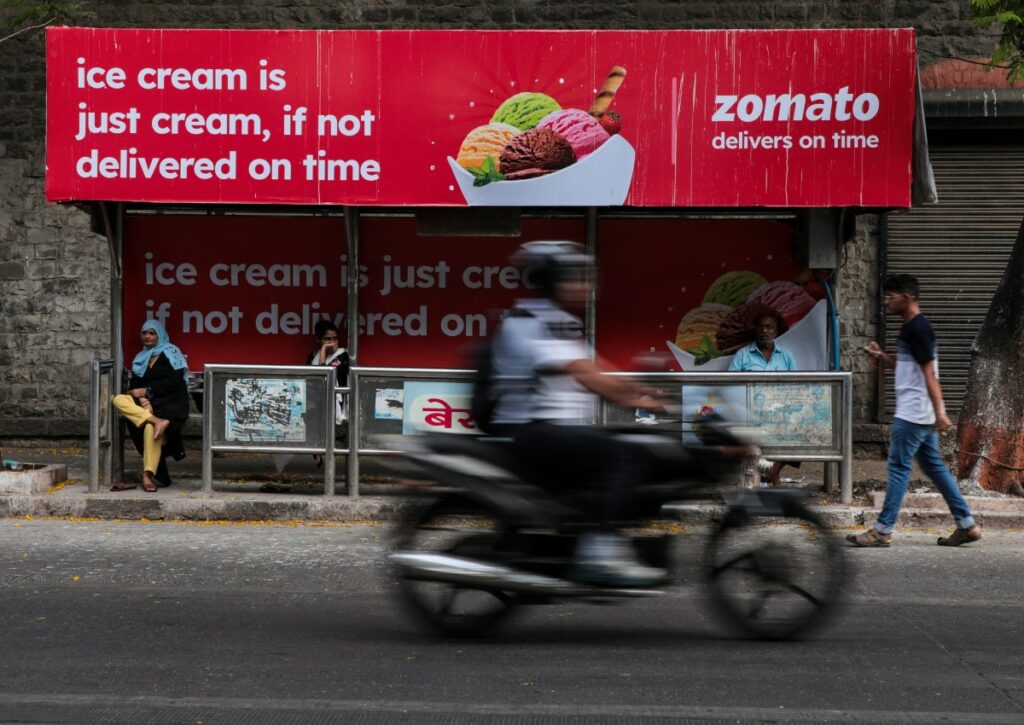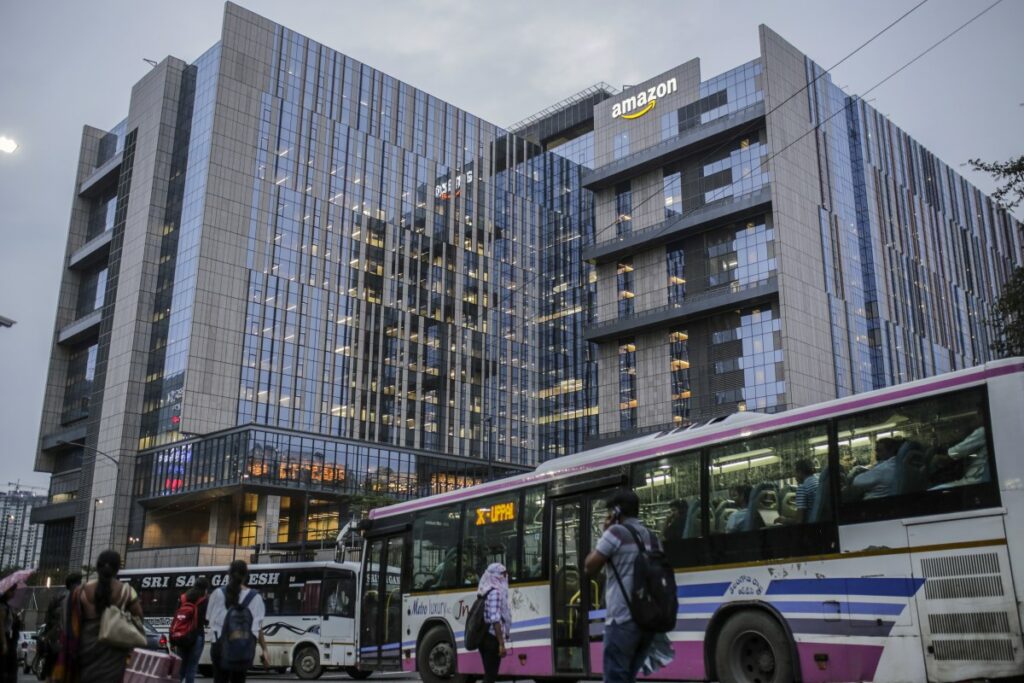Zomato on Tuesday said its board has approved a plan to raise $1 billion via a sale of shares to institutional investors, as competition in India’s quick-commerce sector heats up.
The timing of the share sale, the company’s first major fundraise since its 2021 IPO, is notable, because it comes just weeks before its rival Swiggy’s public debut. Bengaluru-based Swiggy, backed by Prosus Ventures, SoftBank, and Accel, aims to raise about $1.4 billion in its IPO next month.
The move by Zomato, which one investor characterized as “sucking the air out of the room” for competitors, has caught market observers off-guard. Jefferies analysts called the capital raise “unexpected,” given Zomato’s existing $1.2 billion cash reserves. They suggest the strategy may be aimed at reducing foreign institutional investor ownership in Zomato below 50%, effectively transforming it into a “domestic” company.
The shift to majority domestic ownership could enable Blinkit, Zomato’s quick-commerce subsidiary, to adopt an inventory-based model in India. Current regulations restrict foreign-owned companies to conducting only marketplace operations, and prohibit them from owning inventory sold within the country.
“Industry interactions indicate vendors’ take-rate is approximately 2% of GOV to offset operational costs and generate returns on investments,” Jefferies analysts noted. “An inventory model would give Blinkit tighter control over stock and enable calculated risk-taking in launching and scaling new categories beyond grocery.”
In a letter sent to shareholders on Tuesday, Zomato co-founder and CEO Deepinder Goyal said the firm needed the additional capital because of “the competitive landscape and the much larger scale of our business today.”
“We believe that capital by itself does not give anyone the right to win (and that service quality is the key determinant of success), but we want to ensure that we are on a level playing field with our competitors, who continue to raise additional capital,” he wrote.
Zomato, which reported a profit of $20.9 million on revenue of $570 million (up 70% year-on-year) in the quarter ended September, faces intense competition from Swiggy, Zepto, and BigBasket. Through Blinkit, Zomato leads India’s quick-commerce market, which is expected to generate run-rate annual revenues of more than $6.5 billion.
The quick-commerce phenomenon (deliveries of groceries, office supplies, and an expanding range of items to customers within minutes) has transformed consumer behavior in India, disrupted traditional e-commerce business models, and exceeded market expectations.
Zepto, headquartered in Mumbai, is also in the market to raise funds. It’s in advanced talks to raise about $100 million from Indian family offices and high-net-worth individuals, TechCrunch reported last week.


